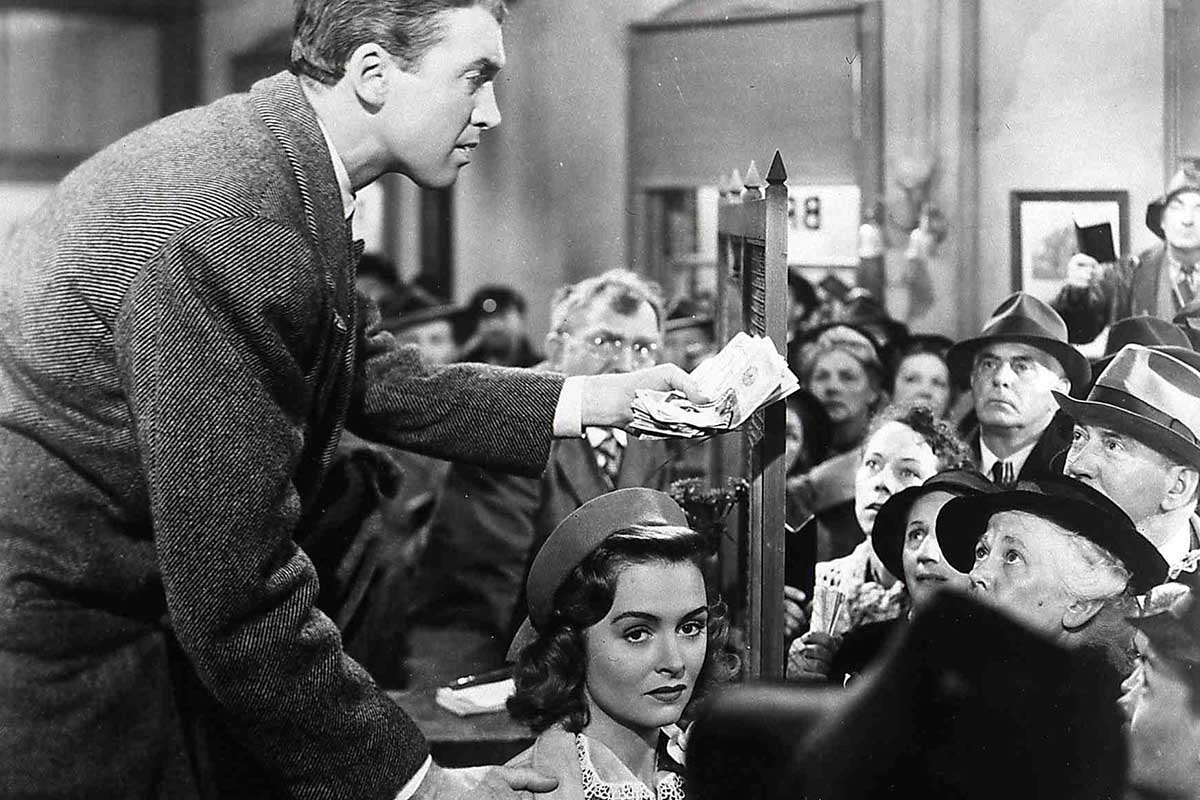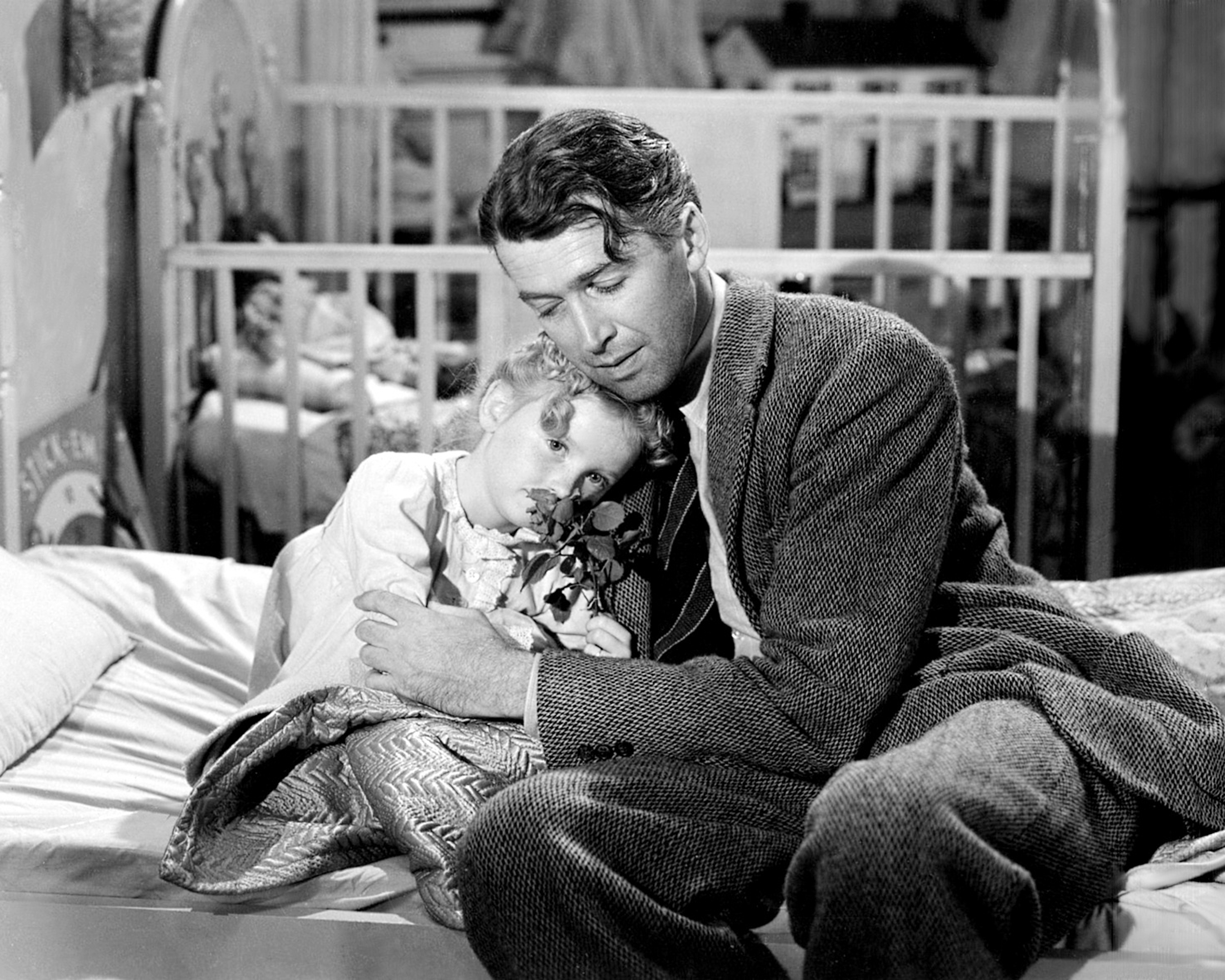Around this time of year, several publications bring up the holiday classic It’s a Wonderful Life and go through the usual historical recounting: The 1946 film was initially a flop, but later found success when it went into the public domain, it was considered communist propaganda by the FBI, etc.
We’re not joking about that last part. It’s an oft-reported detail about the Frank Capra film, and after some additional research by the fact-checking site Snopes, it turns out that weird bit of history is considered “mostly true.”
As Snopes reporter Dan MacGuill writes, “Although the FBI did not ever formally, as an institution, declare ‘It’s a Wonderful Life’ to be Communist propaganda, FBI agents and informants investigated the movie, and the people behind it, as such.”
Essentially, a special agent in 1949 included the film in a list of “motion pictures disclosing Communist propaganda therein,” as per a larger Communist sweep by FBI director J. Edgar Hoover.
The actual FBI report accuses the film of “maligning” the upper class, while also noting the screen credits “fail to reflect the Communist support given to the screenwriters,” who “practically lived with known Communists” during the making of a different film and even (gasp) had lunch with “known Communists.” Also, casting Lionel Barrymore as a “Scrooge-type” and making him hated is a “common trick used by Communists.”
The best part? This bit of film criticism from the briefing: “[Redacted] related that if he had made this picture portraying the banker, he would have shown this individual to have been following the rules as laid down by the State Bank Examiners in connection with making loans. Further, [redacted] stated that the scene wouldn’t have ‘suffered at all’ in portraying the banker as a man who was protecting funds put in his care by private individuals and adhering to the rules governing the loan of that money rather than portraying the part as it was shown. In summary, [redacted] stated that it was not necessary to make the banker such a mean character and ‘I would never have done it that way.’”
Thankfully, Capra and his co-screenwriters Frances Goodrich and Albert Hackett seemed to have missed the memo.
Thanks for reading InsideHook. Sign up for our daily newsletter and be in the know.


















